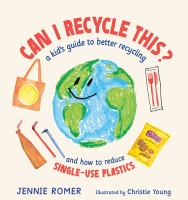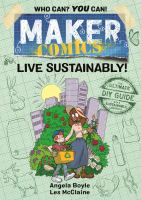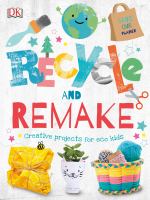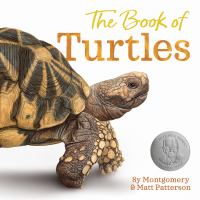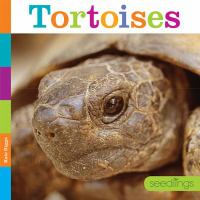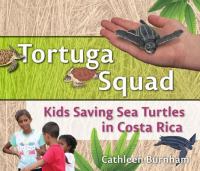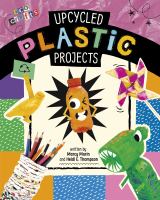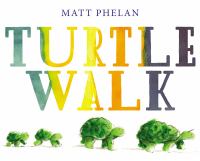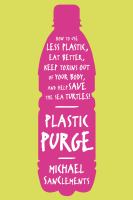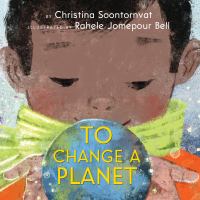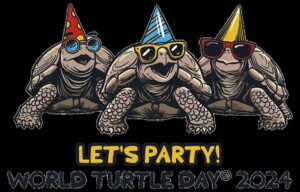 World Turtle Day is an annual celebration, which takes place on May 23 every year. The celebration was founded more than 20 years ago by a husband and wife team who are strong advocates for the humane treatment of animals. (They founded the Animal Tortoise Rescue, an organization that has placed more than 4,000 tortoises into rescue homes.) The purpose of World Turtle Day is to raise an awareness for the things humans have done to damage turtle habitats around the world.
World Turtle Day is an annual celebration, which takes place on May 23 every year. The celebration was founded more than 20 years ago by a husband and wife team who are strong advocates for the humane treatment of animals. (They founded the Animal Tortoise Rescue, an organization that has placed more than 4,000 tortoises into rescue homes.) The purpose of World Turtle Day is to raise an awareness for the things humans have done to damage turtle habitats around the world.
One of the biggest dangers to turtle habitats is plastic waste! You may wonder how plastic harms turtles, and the following quote from Ollie Wilkinson, in his article, How To Save the Turtles on World Turtle Day, from the sustainability blog, Modern Milkman, says it well:
“Imagine coming home to a delicious pizza, only to sink your teeth into it and discover it’s made entirely of plastic. That’s an everyday reality for turtles, with many mistaking plastic bags for jellyfish, their favourite afternoon snack.”
According to the World Wildlife Federation, plastics of all types are particularly harmful to turtles. Consider the following fact:
- For 22% of turtles, ingesting just one plastic item can be a death sentence. Sharp plastics can rupture internal organs and bags can cause intestinal blockages leaving turtles unable to feed, resulting in starvation. Even if they survive, consuming plastic can make turtles unnaturally buoyant, which can stunt their growth and lead to slow reproduction rates (WWF).
Who doesn’t love a turtle? Just look at that face! 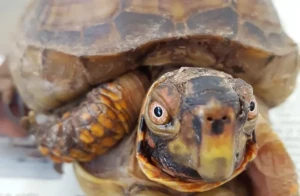
Did you know…
- There is a difference between turtles and tortoises? Turtles need both water and land to live. They hunt in the water, but live on the land.
- Tortoises cannot swim! They are land only animals.
- Turtles can live up to 80 years (if their lives are not shortened by ingesting plastic), and they have been on earth for more than 100 million years!
- Leatherback sea turtles have been around since the dinosaurs!
- Sea turtles use their rear flippers to steer as they swim.
- The largest sea turtle weighed in at 2,200kg, which is heavier than most cars.
- Sea turtles can stay underwater for hours, even sleeping underwater. (Modern Milkman Blog)
However, most of the seven species of turtles are endangered due largely to human behaviors. Sobering facts include:
- The population of Eastern Pacific leatherback turtles has declined by over 90% in the last 30 years alone.
- Green turtles eat plastic 62% of the time they encounter it.
- More than one in every five turtles die after eating just a single piece of plastic. (Modern Milkman Blog)
Other than being super cute (and the star of the beloved cautionary tale, The Tortoise and the Hare), turtles/tortoises are important for the world. Sea turtles are an important part of our ecosystem, protecting the natural order of wildlife, communities and our atmosphere. For example, sea turtles are a key part of the ocean’s food chain, controlling the jellyfish population. Not only does fewer jellyfish mean a better beach experience for humans, but jellyfish eat fish eggs. Too many of them can cause fewer fish. Without a predator to keep the jellyfish population in balance, our fish population would be dangerously reduced.
So, what can we do to help? Knowledge is certainly a key factor, (and thank your for reading this blog post!) Also, reducing the use of plastics, especially single-use items, will certainly help. Here are 8 suggestions from the Modern Milkman Blog:
1. Buy plastic free groceries (look for items in sustainable packaging and compostable bags)
2. Use refillable personal care and cleaning products (save money too!)
3. Carry reusable straws and cutlery
4. Keep reusable shopping bags (keep them in your car)
5. Carry a reusable water bottle (also saves $$)
6. Ditch the plastic dish sponge (most sponges are made of plastic, who knew?!)
7. Avoid cling wrap (use glass containers or reusable plastic for leftovers)
8. Use a sustainable toothbrush (go natural!)
Check out these and other books about turtles, tortoises, reusing recycled materials, and other earth friendly topics at The Floyd County Library! Also, be on the lookout for our upcoming programs using recycled plastic water bottles: Kids’ Maker Hour in July at Central and Galena.
